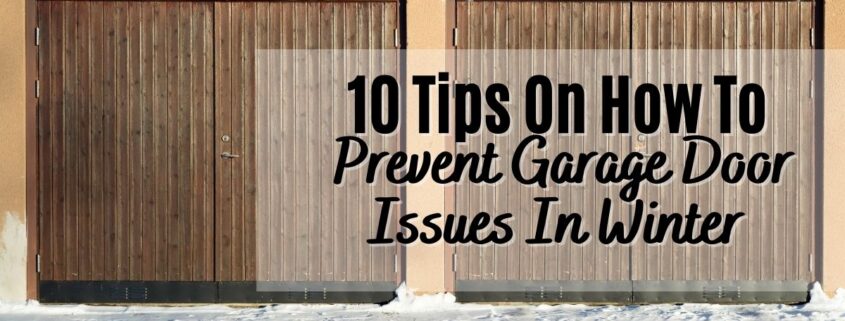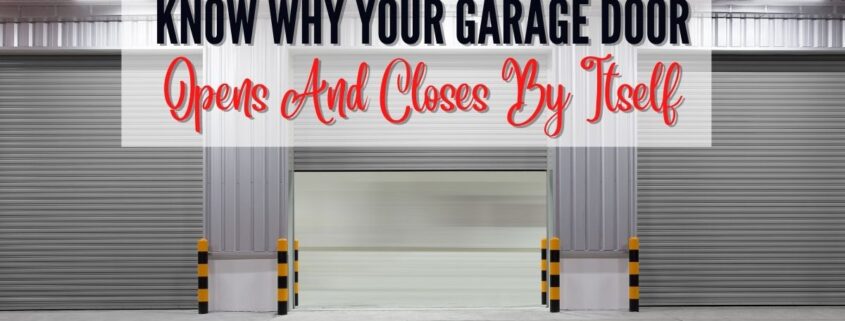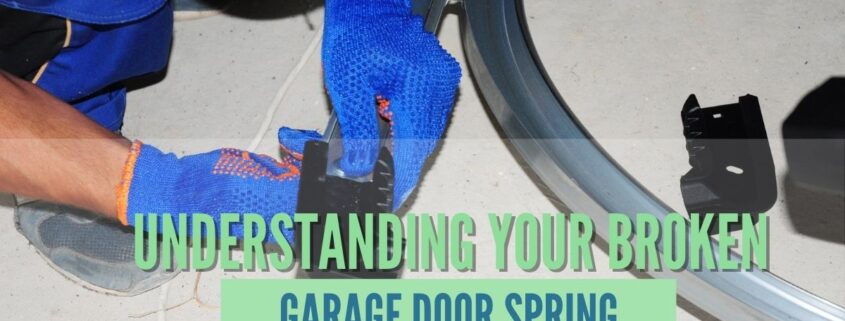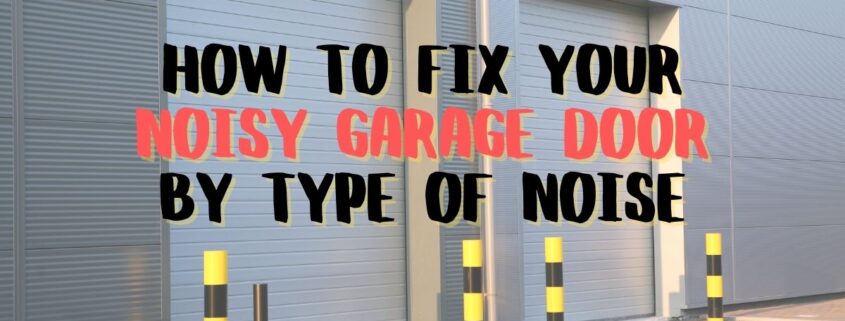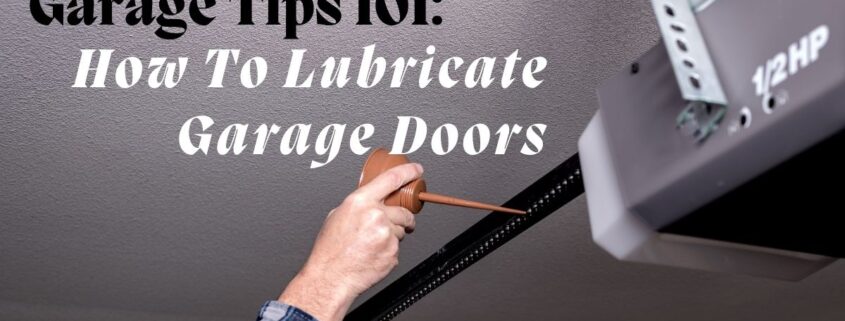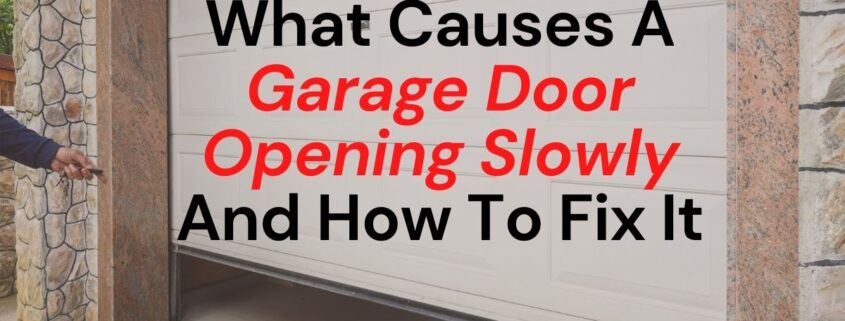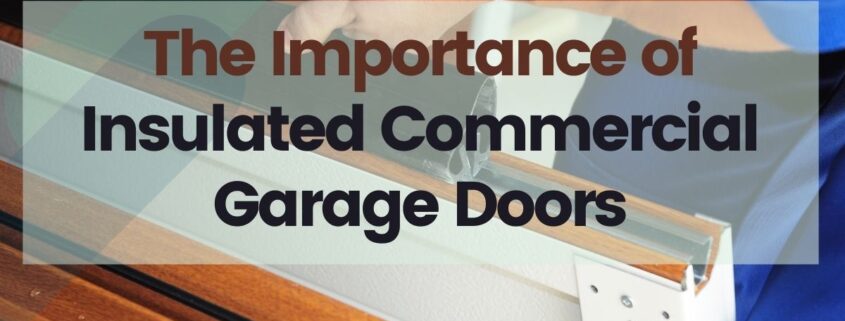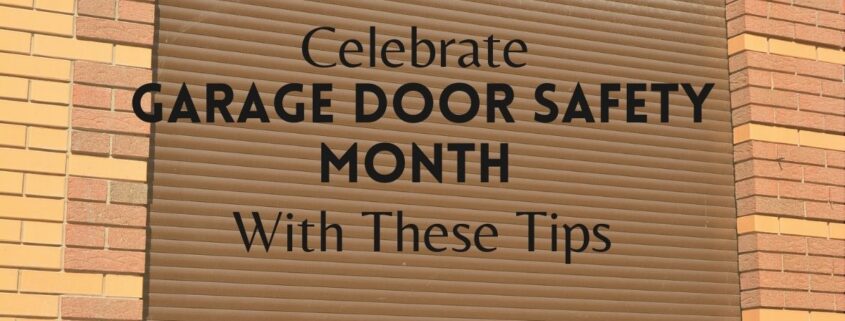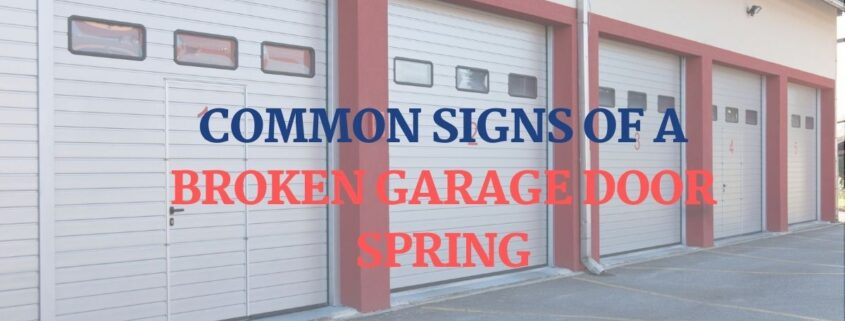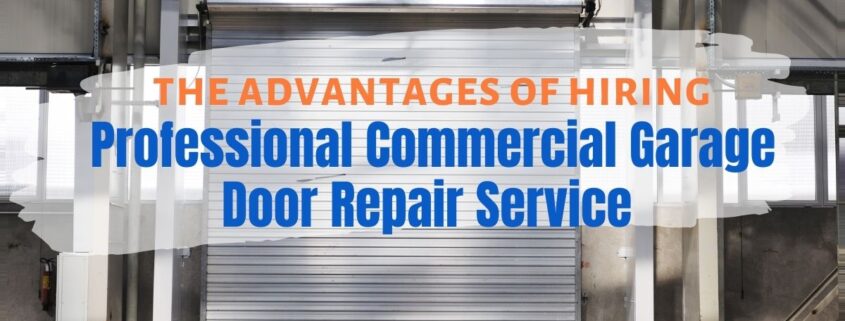10 Tips On How To Prevent Garage Door Issues In Winter
Many homes and businesses have a garage. And their overhead doors are indeed hard workers. In the course of the year, garage doors run more than 1,000 times. It’s fantastic when you can find solutions to manage common garage door problems, especially in cold temperatures, but it’s more terrific when you can prevent those issues in the first place. So, it is not unfair that you give your door a tune-up from time to time, particularly before the upcoming cold winter months. If you like to keep yourself from having a yearly garage door repair when winter arrives, consider taking the following tips on how to prevent garage door issues in winter.
1. Inspect Your Garage Door’s Seal
Checking the door’s seal is an effortless job and is one of the first steps to assessing your overhead door for the winter. When the night comes, turn on the light inside the garage. Then, go out and stand in front of your garage door to carefully look at it, especially at the door panels, for cracks of light. These fractures of light imply a problem with the door’s seal. See that you replace the damaged or missing weatherstripping parts at the earliest.
2. Clean Up by Brushing and Wiping
Various door issues may occur from needing to clean up the garage door system device. Little debris on the photo-eye lens can lead them to react to something in an unusual way, and improper lubrication can cause difficulty for the moving parts. Dirt and dust in the device can turn those issues into worse conditions.
Regularly brushing off and wiping down the different door parts can do a lot to prevent too-much buildup from happening. Ensure to wipe clean the photo-eye often, and clean off any dusty or dirty metal pieces.
3. Decrease Dirt Buildup by Using a Solvent
You can reduce the amount of dirt accumulation by regularly using a spray solvent. It breaks down any filth that might begin to expand and spread on the mechanism, decreasing the number of cleanup times you have to deal with. Spray the solvent directly onto all the pieces you often need to clean and allow it to do the work.
4. Apply the Right Lubricant for All Metal Moving Parts
Lubrication issues can afflict your overhead door at any period of the year, specifically in wintertime. Since the door has many metal moving parts, ensure to lubricate them using the one rated for the lowest temperature to help withstand the impacts of freezing weather.
Take note the purpose of using a correct lubricant is to make the metal parts operate smoothly and help the device run properly. It also counteracts contracting metal issues. Many garage door experts recommend a silicone-based lubricant for the metal moving pieces.
5. Replace or Fix Broken Parts
Ensure to check the garage door’s tracks, the springs, and other parts. Any broken springs or pieces need fixing or replacing. You may call a professional garage door company to do the repair task for you.
6. Check the Battery in the Garage Door Opener, the External Keypad, and the Remote Batteries
Many owners observe that the battery in the door opener lasts for about a year. So, be sure to change the battery if used for a long time. You would not want to stay outside of your garage on a freezing winter day.
Usually, there is a 9-volt battery beneath the keypad casing for overhead doors with an external keypad. Extreme temperature variations can impact the battery life, so ensure to change the external keypad’s battery at least once a year.
Inspect your remote batteries by simply using the remote to open your garage door. If the door is not working well, try replacing the remote batteries and see if it can open or shut the door.
7. Inspect Your Garage Door’s Balance
Before checking the door’s balance, pull the emergency cord first to disable the garage door. Then attempt to open your overhead door manually. If it doesn’t open easily, there may be a door concern, and a garage door specialist should come to check on it.
8. Check the Roof
The roof may not be the first site you will check, but a missing roof tile can cause leaks that rust the mechanisms and damage your garage door’s electric parts. Call a professional to mend a broken roof for you.
9. Install Proper Insulation
Adequate insulation can make the winter more endurable, no matter how freezing it is. Proper insulation is crucial for the condition of any temperature-sensitive apparatus in the garage. It also prevents heat loss through your garage and helps save energy. Hire a specialist to do the insulation task for you.
10. Examine Your Garage Door Regularly
One best preparation to prevent garage door issues in winter is keeping yourself updated on the condition of the door — inspect the lubricant, the batteries (in the remote, door opener, and external keypad), and the weather stripping.
You may also check for water damage and filthy metal parts. Staying updated can help you discover several issues before they go bad enough to cause you distress.
How Can Inland Overhead Door Company Help?
Inland Overhead Door Company has many years of experience serving many business owners with their overhead door service needs. Whether you need overhead door installation, replacement, maintenance, or any type of garage door issues in winter, our team of professionals can manage it. Our company ensures only to give high-quality products and garage door services.
Contact us today to get an appointment or for further inquiries about our products and services.

